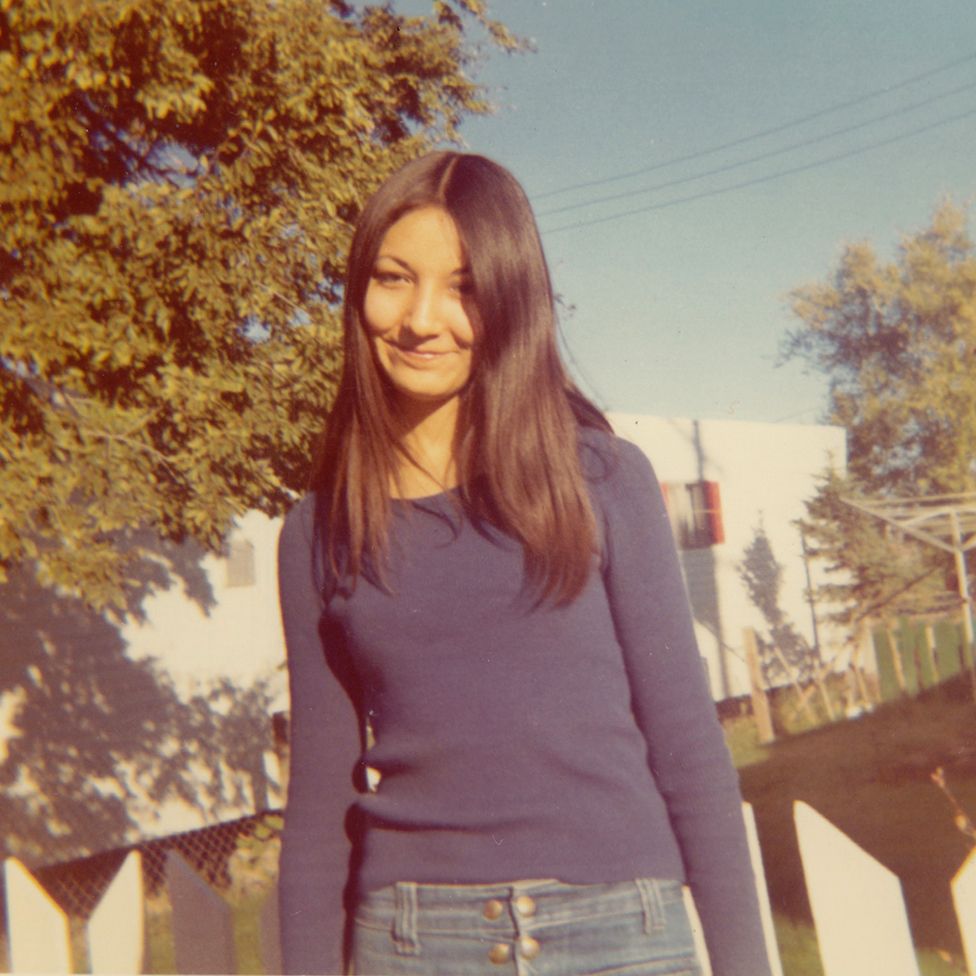

If you spend 20–30 years in addiction and don’t see anyone who got well, don’t know any positive stories, you just can’t envision it,” Margaret adds. “For me, it took a really long time to get an understanding of the causes of my situation. To get through drug addiction, people need hope and knowledge that empowers them to start anew after prison, says Margaret. So, I was straight back into crime, into supplying my partners.” “This was inevitable because nothing changed in my environment, and I was the person who funded the habit.


“Because I was coming out of prison substance-free, I was not linked up to any community services, so the longest I lasted was 3 months before relapsing,” relates Margaret. This goes for life in the prison setting, but also for life back in the community. Margaret points out that although most prisons offer opportunities for detoxification and substitution therapy to halt the physical dependence on drugs, it is equally important to address the underlying causes of substance abuse and the emotions and thoughts which form the core of addiction. She calls this struggle a “revolving cycle” grounded deeply in childhood trauma and a history of domestic violence, which can make it difficult to break out of an addiction. The story of Margaret’s struggle with addiction in Scotland spanned more than 10 years. Understanding the nature of substance use Margaret shares her story of escaping from a cycle of drug addiction that led to repeated prison sentences, and reveals how writing poetry helped her to find a new, meaningful life. Reconnecting people who live in prisons to their families, friends and communities can break barriers and save lives. Feelings of loneliness and abandonment can overcome a person struggling with addiction in prison.


 0 kommentar(er)
0 kommentar(er)
